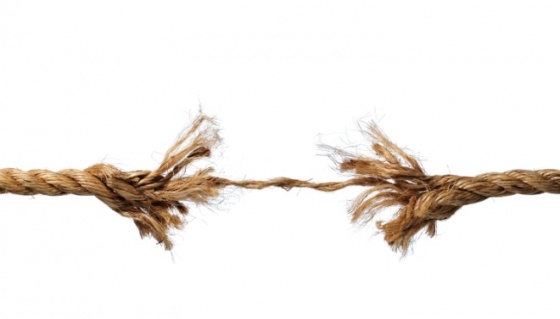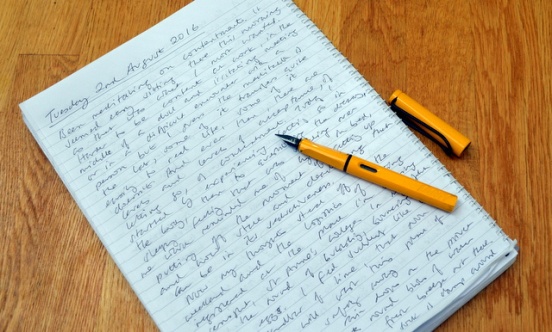Jon Kabat-Zinn is often quoted as saying that through your daily mindfulness practice you weave a parachute you can use when the going gets really tough. There is a cumulative effect of practice where gradually we begin to find it easier to stay grounded and calm in the midst of life’s daily stressors.
But there are those heightened, extra stressful moments when we feel we’re in danger of ‘losing it’. At these times, we need the mindfulness equivalent of a dose of rescue remedy. So with this in mind, here are some easy-to-slot-in practices you can try when the going gets really tough.
- FOFBOC
This one was originally thought up for stressed teenagers in the examination hall. It stands for Feet on Floor Bum on Chair and can be done anywhere. Sitting in a chair, you consciously shift your attention to noticing sensations in the feet and their contact with the ground. This immediately takes you away from the whirl of anxious thoughts in your head and is in itself very grounding. You can then take your attention to the sensations of contact with the chair felt in your buttocks and backs of thighs and an awareness of the support of the chair. If you like you could then spend some moments focusing on your breath as well.
- Take a Mindful Pause
This is also very simple. You just stop whatever you’re doing – typing a report, mowing the lawn, or generally rushing around trying to multi-task – and take 3 mindful breaths, feeling the movement and sensations of breathing in the body. Then carry on with your activities, perhaps noticing what a difference simply pausing can have.
- Walking Mindfully
Sometimes we feel very agitated and restless to the point where sitting still even for a few moments seems impossible. At these times, taking a mindful walk, whether slowly up and down the hallway or outdoors in the garden or more briskly out and about, can really help to bring us back into a sense of groundedness and greater connection between mind and body. As you walk particularly focus on the sensations in the soles of your feet and your contact with the ground beneath.
- Acting Mindfully
This involves noticing and labelling what’s happening in your moment by moment experience which can help to de-centre your focus away from ruminating or speedy anxious thoughts. For example you could lightly say to yourself, “now I’m walking down the stairs, feeling the bannister with my right hand, now I’m turning the door handle and now I’m walking into the kitchen” and so on until you notice your thought processes have settled. You can also choose to really focus on an activity you’re involved in, by opening up to sensory awareness – what you can feel, see, hear, smell, taste – as you engage with whatever it is you’re doing. There’s always a lot more to notice than we realise and this can vivify our present moment experience as well as helping to ground us.
- Taking a Break
When we feel time’s against us and there’s so much to do, we often think we need to just keep soldiering on. But common sense backed up by lots of research tells us not only will we feel better, but our productivity will improve by taking regular breaks. You can even make a lovely mindfulness practice from first making and then drinking your cup of tea or coffee, or even a glass of water. There’s so much to appreciate in the aroma of the tea or coffee, the warmth the cup in your hands, the flavours and taste sensations.
And if you’re too stressed and overwhelmed to even contemplate doing any of the above, simply stopping for one conscious breath can be surprisingly effective.


